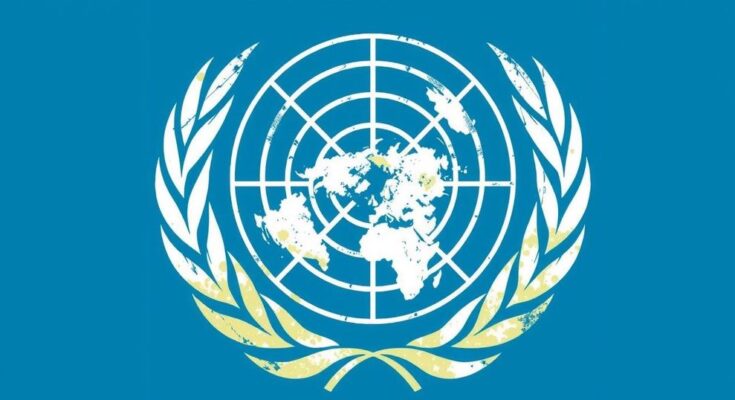COP29 has raised concerns about the effectiveness of UN climate negotiations, suggesting future warming could exceed 3˚C. While wealthier nations committed to increased funding for vulnerable countries, critics argue the amount is insufficient. The summit also faced challenges in addressing fossil fuel policies and establishing a credible carbon trading market.
The conclusion of COP29, the 29th annual climate conference in Azerbaijan, has raised significant concerns regarding the efficacy of the United Nations climate negotiation process in addressing global warming. According to experts from University College London, the outcomes suggest that we may still confront a future with global temperature increases surpassing 3˚C. Although there was a commitment to increase financial assistance to the most vulnerable nations, critics argue that the pledged amount is fundamentally inadequate.
The summit set a target to triple funding to the poorest countries by 2035, with wealthier nations agreeing to contribute $300 billion annually. Nonetheless, this amount falls substantially short of the $1.3 trillion per year that developing nations claim they require for vital climate actions. Moreover, much of the financial assistance has been contingent upon loans rather than direct grants, which poses heavy burdens on recipient countries.
The lack of a universally accepted definition of climate finance from the United Nations Framework Convention on Climate Change (UNFCCC) complicates matters further, allowing high-emitting countries to propose solutions that do not fully address the needs of developing nations. Experts warn that relying on private sector funding introduces additional risks, diverging funds from immediate climate mitigation and adaptation needs.
Current discussions around climate finance resemble the complex dynamics of the global financial system, with a significant portion of aid to the Pacific Islands manifesting as loans rather than grants. This situation exacerbates existing debt crises, limiting the ability of these nations to effectively respond to climate change. Research indicates that many vulnerable countries contribute minimally to global emissions, yet they bear a disproportionate economic burden due to climate-related damages.
In terms of fossil fuel policy, the conference witnessed setbacks, with key oil-producing nations resisting efforts to address fossil fuel transition. The absence of clear strategies to phase out fossil fuels stands in stark contrast to the commitments made at COP28. Furthermore, discussions surrounding carbon trading have been fraught with challenges, raising concerns over the integrity of carbon markets and their potential exploitation by polluters.
Despite these challenges, some experts view the COP process as essential for fostering international dialogue on climate action, although calls for more frequent meetings and direct actions from major emitting nations have been emphasized as necessary steps. As the world grapples with the urgent threat of climate change, the call for innovative financing approaches continues to grow, highlighting the need for a transformative shift in the collaboration between developed and developing nations.
The ongoing discussions regarding climate change negotiations are centered around significant global meetings known as the Conference of the Parties (COP). These summits gather representatives from various countries in an effort to devise strategies and commitments to combat climate change and its adverse effects. The COP meetings, organized under the UNFCCC, aim to navigate the complexities of international climate finance, emissions reductions, and the impacts on vulnerable nations. Recent conferences, including COP29 in Azerbaijan, have faced criticisms regarding their ability to produce tangible outcomes, especially those related to funding and regulatory frameworks necessary for substantial progress on climate action.
In summary, COP29 has amplified skepticism regarding the UN climate negotiation framework, revealing inadequacies in financial pledges and the reluctance of major emitting nations to commit to reduced fossil fuel dependency. The mixture of aid in loans rather than grants and the challenges within carbon trading regulations further complicate the pursuit of effective climate action. As the urgency of climate change intensifies, the need for innovative solutions and more robust dialogue among nations becomes paramount for fostering a sustainable future.
Original Source: www.downtoearth.org.in




